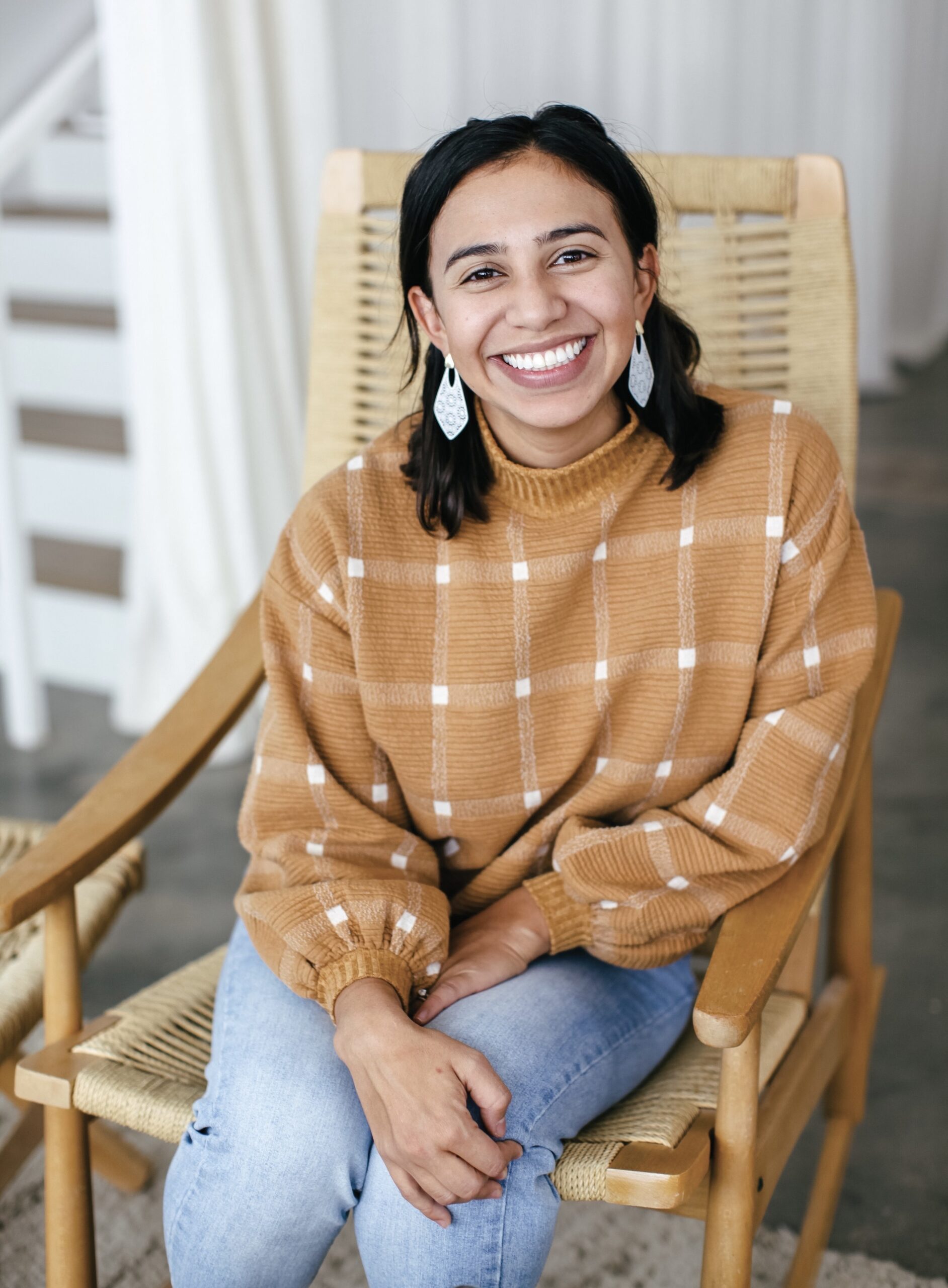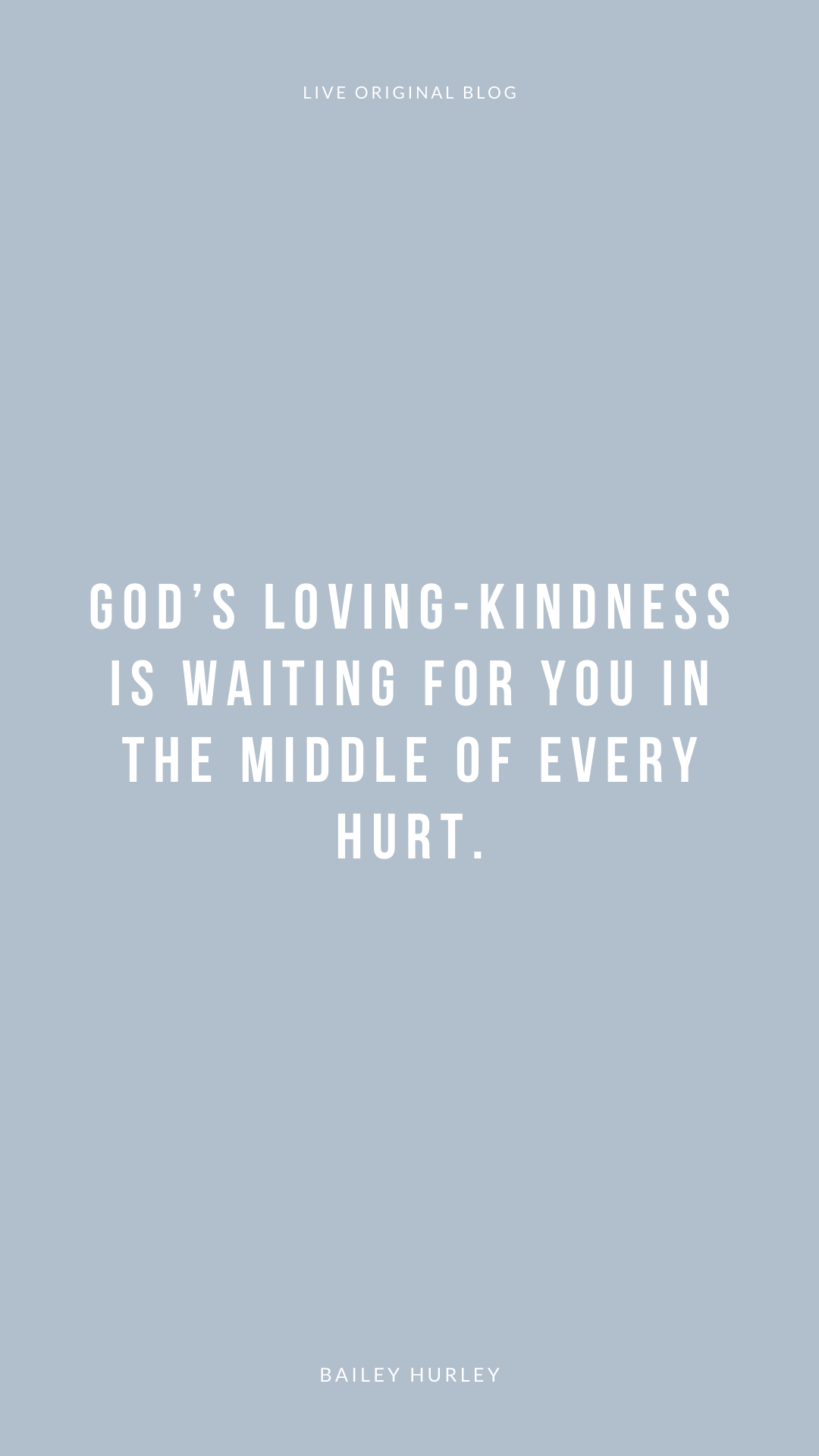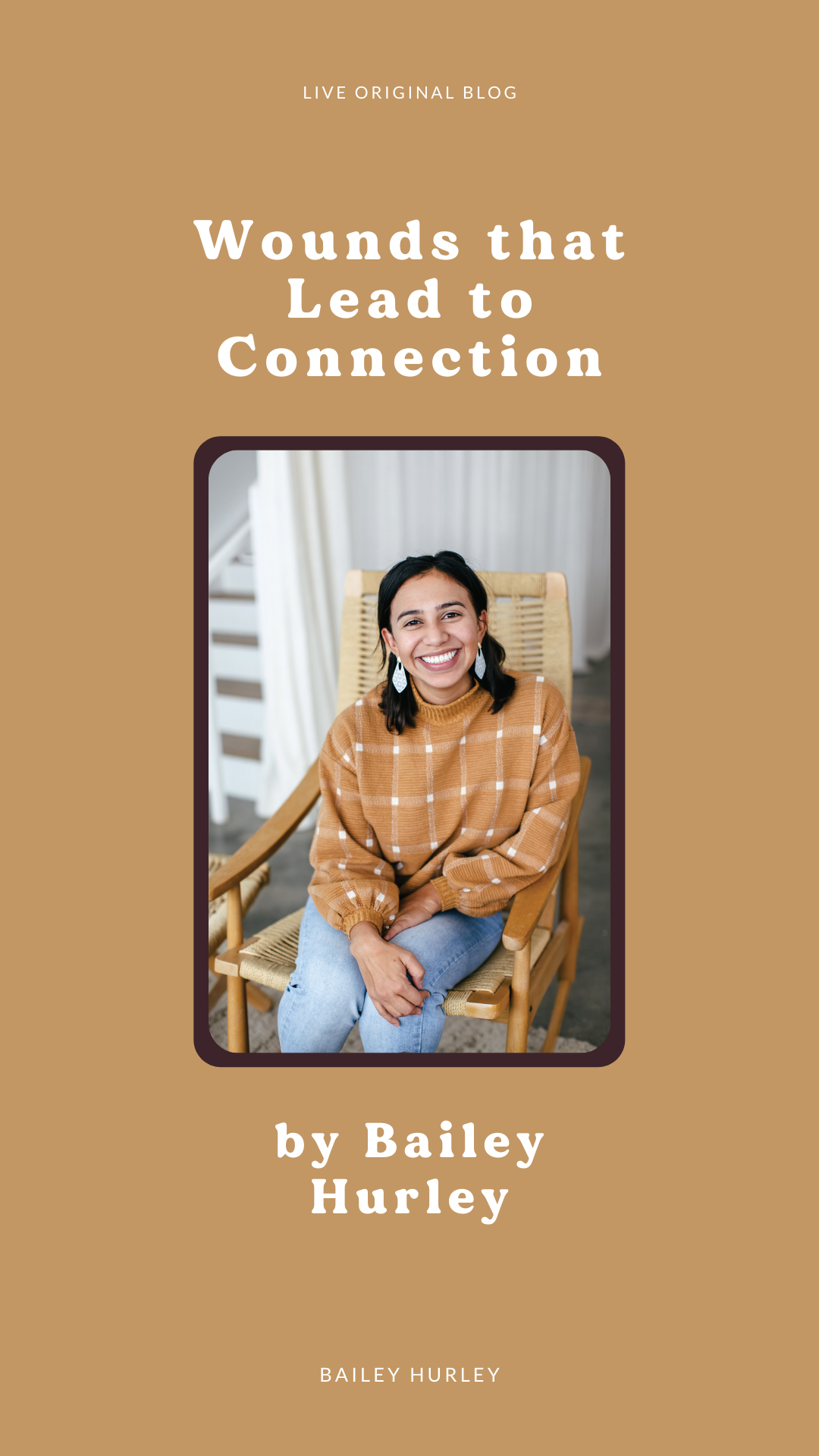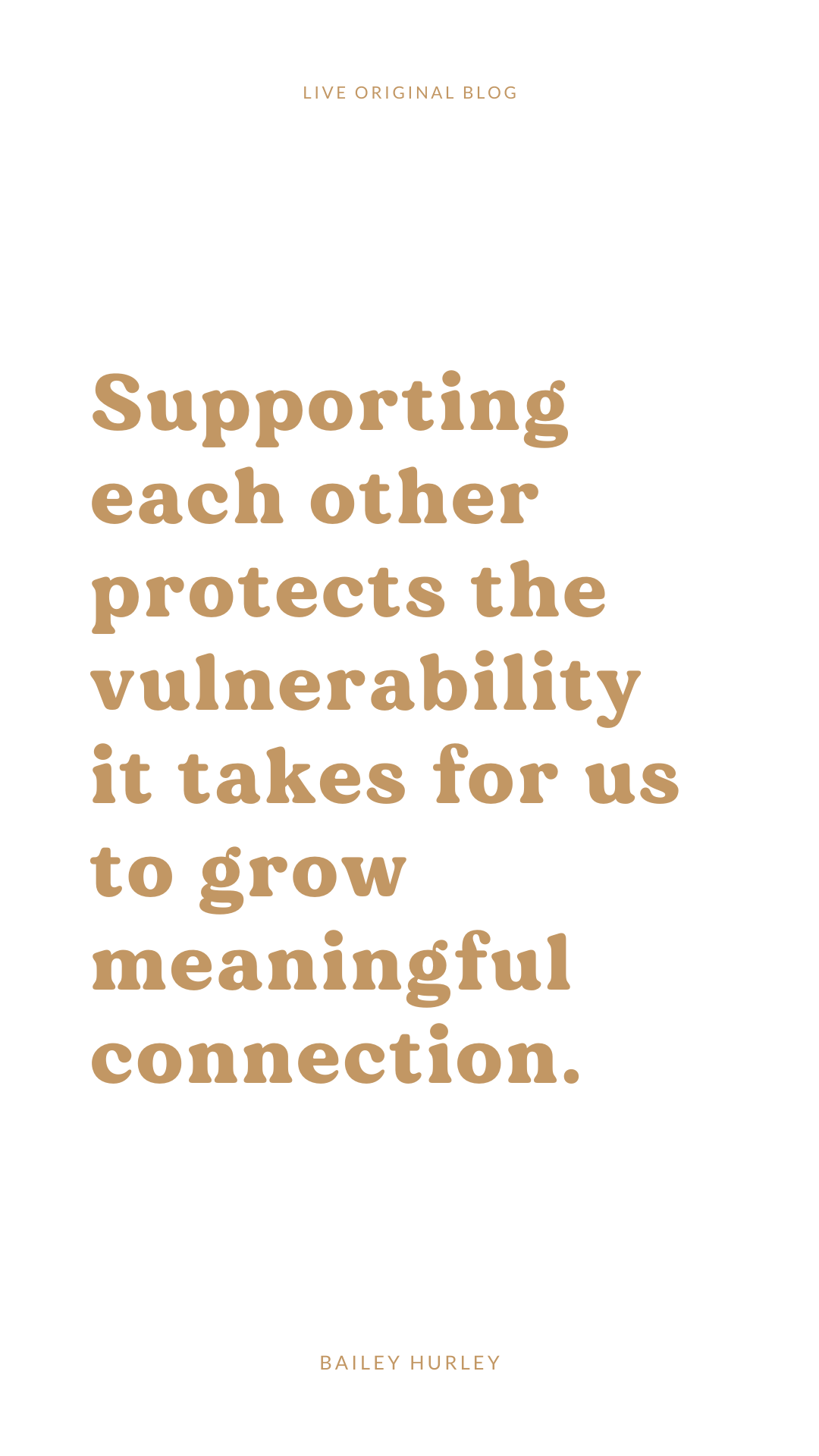
Wounds that Lead to Connection
We all mess up. Sometimes we give in to frustration or a buried mean streak and say things we wish we hadn’t. Sometimes we become so focused on ourselves and our own lives that we forget to think about our friends. I have been annoyed by a friend’s comment and replied with unwarranted snark. I have initiated gossip about a friend just because I wanted to share my thoughts and personal judgments. I have hurt friends by forgetting important dates.
Once a friend came over to catch up, and as we talked and laughed, she paused and said, “Hey, I don’t want to bring this up, but you forgot my birthday. And I don’t really need presents or a big celebration, but you didn’t even text me. I expect that from some of my other friends, but not you. And it hurt my feelings.”
Ugh! I was just torn up. But I was also so proud of my friend for owning her hurt feelings and being bold enough to confront me. I needed to be bold in return: to own what I did and apologize.
“I am beyond sorry,” I said. “You are so important to me. I love celebrating birthdays, and I would never miss an opportunity to celebrate you, but I just forgot. It wasn’t in my calendar, and I didn’t get one of those helpful Facebook notifications. I just forgot, and I am sorry it hurt your feelings. It wasn’t intentional. Could you remind me of the date? It’s going in my calendar right now so I never forget again.”
I brought her a gift the next time I saw her because I love giving gifts. And because I wanted to right the wrong. I cared about this friend, and I wanted her to know I valued her despite my forgetfulness.
Own what you did. Own your pain and responsibility to speak up, like my friend did. When we admit our friendship flaws, we display how much we value the friendship over our own pride. Because a good friendship isn’t about being right in the situation, it’s about finding a way to reconcile the wrongs.
If you’re the one who got hurt, know that sometimes you need to let an offense go, knowing that it was not personal or that your friend was having a bad day or simply didn’t realize their behavior was hurtful. But sometimes you do need to address the issue—preferably by talking through the issue in person, removing as many barriers to misunderstanding one another as possible. A great posture to take is to stand with your friend, not against her. Picture yourself standing side-by-side with her and working through the hard things together (versus standing opposite from her). Your togetherness is more important than your “otherness.” You want to be on her side, to understand her hurt, to give her the benefit of the doubt, with a “we are on the same team” mentality.
When the wounds feel fresh, taking a step back to reevaluate the safety of your friendship can be healthy. You need time to rebuild trust. As author Van Moody wrote in The People Factor, “Regardless of the many reasons for a separation, we sometimes need to ask or allow someone who has been a valuable or even vital part of our lives to leave the relationship because a once-positive association has become negative.” When a friend fails to see the hurt they have caused, sometimes attempting to reconnect too soon only leaves you feeling anxious. There’s a difference between befriending a bully and learning to forgive a friend for a mean comment. Don’t confuse the two. It’s not wise or safe to entrust your heart to someone who is uninterested in treating it well. This would be the beginning steps toward an unhealthy, toxic friendship. Even though you had the intention of staying friends through thick and thin, taking a break from regular, intimate conversation gives you the opportunity to discern which direction this friendship is heading—positively or negatively.
We can choose to be a better friend because someone has been a bad one. Remembering what those negative experiences were like, we can take mean-girl moments and turn them into meaningful connection:
· For all the moments you didn’t belong, choose to invite that girl sitting by herself.
· For all the times someone said something mean about the way you look, say five kind things to someone else.
· For all the evenings you sat at home feeling left out, make plans for a girls’ night.
· For all the lonely days you wish you had someone to talk to, create trust and invite deep conversation with your roommate.
· For all the seasons you have struggled to find healthy community, remember that God has placed women in your local community who are genuine, friendly, and kindhearted.
And if the only thing that came out of a bad friendship experience was drawing you closer to God, then that alone is still profoundly good. God’s loving-kindness is waiting for you in the middle of every hurt. God doesn’t let mean-girl moments go unseen or unredeemed.
In addition to fighting mean-girl culture; we should also reflect on how our words affect the quality of our friendships.
Our tongue, though it may be the smallest part of our bodies, can do serious damage to our friendships. James says it best: “With it [our tongue] we bless our Lord and Father, and with it we curse people who are made in the likeness of God.” One minute we are friendly to our friend’s face, and the next moment, we are jealous for
something she posted about herself on social media. We are tempted to screenshot it and send it to another friend in hopes that she will join us in judging that other friend mercilessly behind her back. I know I’ve been guilty of it.
As women who love Jesus, we cannot spread rumors or condone words that put others down. It is contradictory to who we are in Jesus and calls into question if we truly know how loved we are by God—because if we did, we would do everything we can to hold up our sisters in Christ and draw women to the faith who do not yet know the kindness of God. We want our words to reflect the positive work God is doing in us, for “whoever says he is in the light and hates his brother is still in darkness. Whoever loves his brother abides in the light, and in him there is no cause for stumbling.” Abiding in the light of God gives us the security to shine a light on others. Our words of praise and encouragement are not ingenuine when we know God has made each of us for a specific purpose . . . and that we achieve these things better together. Instead of relying on mean-spirited acts to make you feel more important, you can create a safe space for everyone to feel known and accepted as they are—assured they can be their true selves without the fear of being teased. Supporting each other protects the vulnerability it takes for us to grow meaningful connection.
Taken from Together Is a Beautiful Place: Finding, Keeping, and Loving Our Friends by Bailey T. Hurley. Copyright ©2022. Used by permission of NavPress. All rights reserved. Represented by Tyndale House Publishers, a Division of Tyndale House Ministries.
Bailey T. Hurley is everyone’s favorite community cheerleader. She encourages women to pursue a faithful relationship with God so they can build fruitful friendships in their corner of the world. She has written on the topic of friendship and faith for publications like She Reads Truth, Salvation Army’s Peer Magazine and Grit and Virtue. She also loves podcasts! You can find her chatting all about friendship on Sally Clarkson’s podcast Life with Sally, Kristin Schell’s podcast At the Turquoise Table, and a dozen more.

















